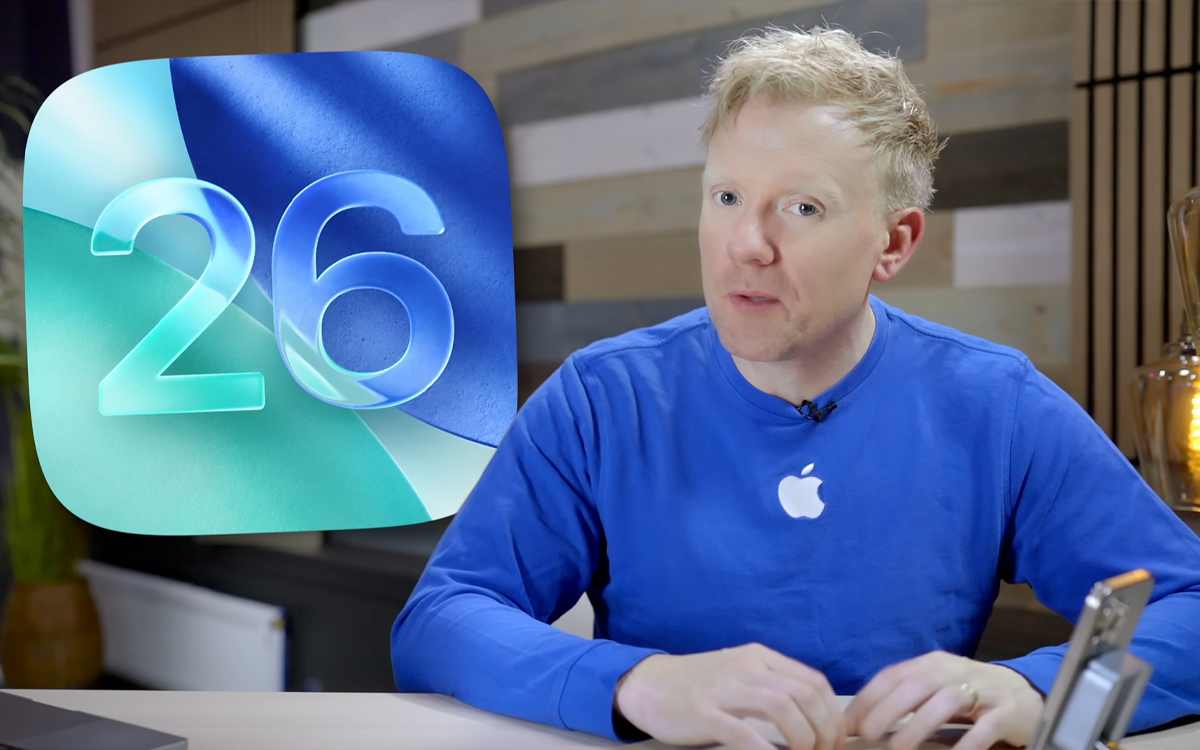Google Play Bans Unlicensed Crypto Wallets in 15 Regions
The post Google Play Bans Unlicensed Crypto Wallets in 15 Regions appeared on BitcoinEthereumNews.com. Google Play mandates licenses for crypto wallets in 15 regions, sparking backlash over non-custodial wallet restrictions and developer burdens. Google Play Store announced a new policy on Thursday, requiring crypto wallet developers to hold banking or money services licenses. This rule applies to 15 regions, including the United States and the European Union. The policy will establish a secure and compliant user environment. However, it has brought concerns to the developers, particularly to those developing non-custodial wallets. Google Requires MSB or MiCA Licenses for Crypto Wallet Apps The policy demands that developers become a Money Services Business (MSB) with FinCEN in the U.S. or have a MiCA license in the EU. In the U.S., the developers must also be money transmitters registered with the state or chartered banks. Such licenses require adherence to Anti Money Laundering (AML), Counter Terrorist Financing (CTF), and Know Your Customer (KYC) regulations. Consequently, there are huge expenses and regulatory burdens imposed on the developers. Notably, the policy is not differentiated between custodial wallets and non-custodial ones. Custodial wallets store funds of users, whereas in non-custodial wallets, users have their keys. In its guidance of 2019, FinCEN stated that non-custodial wallets are not considered money transmitters. Thus, the policy of Google provides more severe rules than the law of the United States does. This has drawn rebukes from non-custodial wallet designers. The new regulations may get rid of a lot of non-custodial wallets on the Google Play Store. It is costly to implement compliance programs, and small developers may find it difficult to comply with them. As a result, the innovation of free software may be harmed. In addition, imposing AML and KYC regulations on non-custodial wallets can restrict the privacy of the users since non-custodial wallets are created to provide users with control of their…

The post Google Play Bans Unlicensed Crypto Wallets in 15 Regions appeared on BitcoinEthereumNews.com.
Google Play mandates licenses for crypto wallets in 15 regions, sparking backlash over non-custodial wallet restrictions and developer burdens. Google Play Store announced a new policy on Thursday, requiring crypto wallet developers to hold banking or money services licenses. This rule applies to 15 regions, including the United States and the European Union. The policy will establish a secure and compliant user environment. However, it has brought concerns to the developers, particularly to those developing non-custodial wallets. Google Requires MSB or MiCA Licenses for Crypto Wallet Apps The policy demands that developers become a Money Services Business (MSB) with FinCEN in the U.S. or have a MiCA license in the EU. In the U.S., the developers must also be money transmitters registered with the state or chartered banks. Such licenses require adherence to Anti Money Laundering (AML), Counter Terrorist Financing (CTF), and Know Your Customer (KYC) regulations. Consequently, there are huge expenses and regulatory burdens imposed on the developers. Notably, the policy is not differentiated between custodial wallets and non-custodial ones. Custodial wallets store funds of users, whereas in non-custodial wallets, users have their keys. In its guidance of 2019, FinCEN stated that non-custodial wallets are not considered money transmitters. Thus, the policy of Google provides more severe rules than the law of the United States does. This has drawn rebukes from non-custodial wallet designers. The new regulations may get rid of a lot of non-custodial wallets on the Google Play Store. It is costly to implement compliance programs, and small developers may find it difficult to comply with them. As a result, the innovation of free software may be harmed. In addition, imposing AML and KYC regulations on non-custodial wallets can restrict the privacy of the users since non-custodial wallets are created to provide users with control of their…
What's Your Reaction?









































